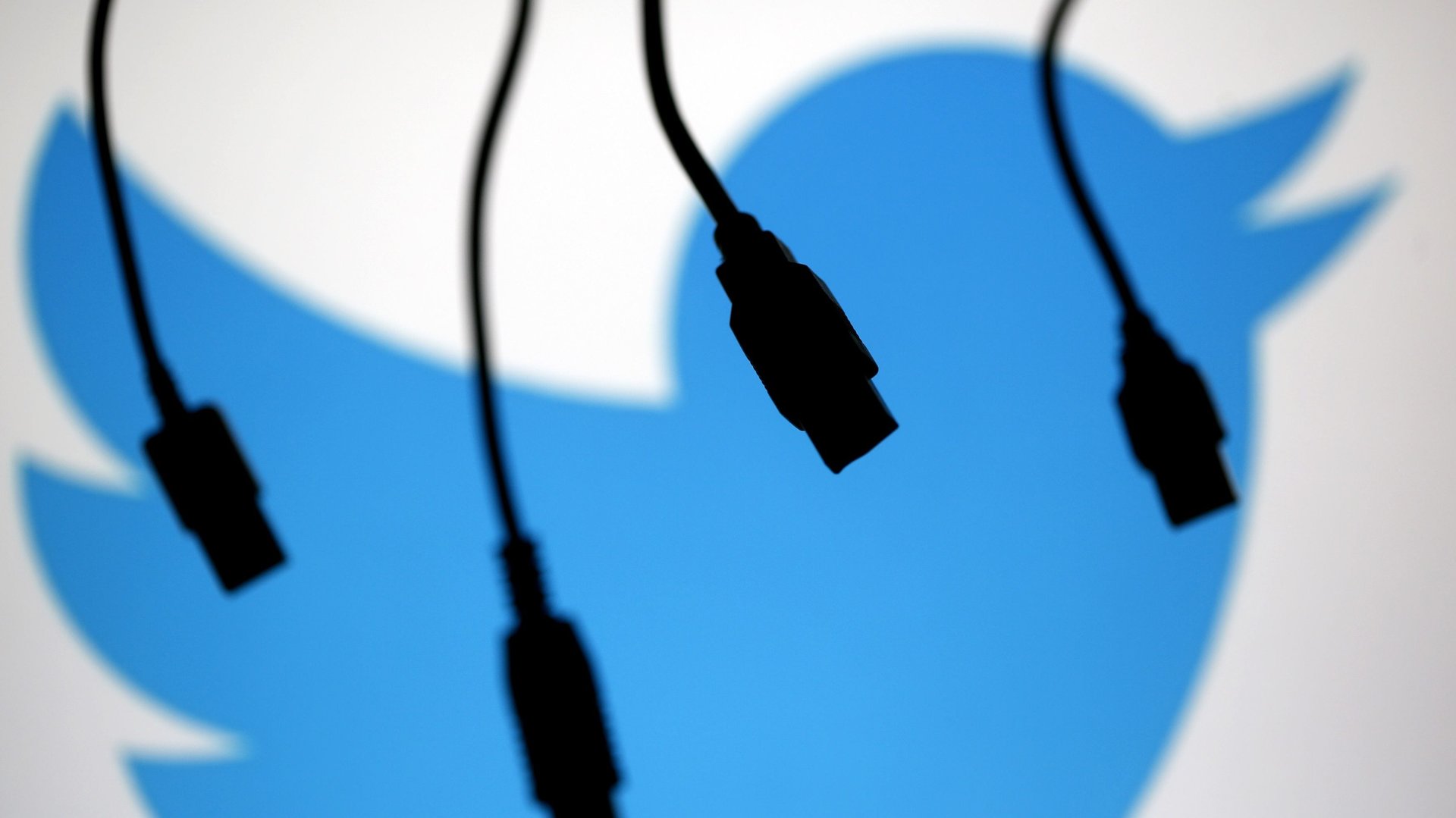Breaking news is broken thanks to social media—fix it by changing your habits
Journalism is becoming less about transferring knowledge and more about crafting the most persuasive interruptionOne afternoon in October of last year, a woman sat at her father’s hospital bedside. He had suffered cardiac arrest, and she gathered with family and friends to give him peace and comfort for what they expected to be his last hours of life.


Journalism is becoming less about transferring knowledge and more about crafting the most persuasive interruption
Then, an interruption. Then, a bizarre story. According to CBS News, the man right next to her, still very much alive, had died.
Her dad was Tom Petty, and because of our desperate desire for constant stimulation — and journalism’s perilous quest for minute-by-minute scoops — the media declared him dead seven hours too soon.
As news organizations embrace the internet economy, they’re pushed to publish with more immediacy, more emotion and more frequency. They’re speeding up to fill infinite space — and in the process, they’re losing sight of their responsibility to help readers understand their world.
Every good journalist knows that mistakes are unavoidable. Perfection isn’t the goal — but a calmer, slower pace would certainly help. In this case, a CBS reporter heard from the Los Angeles police that Petty had been pronounced dead. That turned out to be untrue, but within minutes, CBS tweeted it and countless fans and other publications followed suit. (Petty’s daughter refuted the reports with her own post on Instagram.)
If CBS were prepping for an evening broadcast, or if the reporter were writing an article for tomorrow’s paper, that lapse of a few hours would have been inconsequential. But because we’re constantly, collectively refreshing our social media feeds seeking the next surge of dopamine, the flawed story was sent to the world instantly, one more salvo in the endless battle for breaking news.
The paradox of this false urgency is that we end up with far more words being written, far more time spent reading, and far less clarity, context and understanding.
In fact, if you skip reading the news for a day, it’s often hard to figure out what happened yesterday. Even the best publications move so fast through so many stories and angles that taking a break means being swept away by the current of non-stop stimulation.
When there’s unlimited space to fill and you’re getting paid by the page view, you’re pressured to publish more news, faster news, edgier news — even when that’s not in your readers’ best interest.
It’s tragic to see this behavior interrupt a family in mourning. When you zoom out, though, this was just one dark example of the fact that journalism is becoming less about transferring knowledge and more about crafting the most persuasive interruption. Every publication is desperate for your attention, and words that used to mean something — including “breaking” and “developing” — have become just another form of clickbait.
When we see breaking news flash across our screen, or when a trusted friend or favorite publication posts a story, it’s natural to assume it matters. The truth, however, is that there is almost never a news story that can’t wait until tomorrow.
If you’re reaching back in your mind and pulling out examples of natural disasters and terrorist attacks, that’s exactly the point. These extreme outlier events that pose immediate public danger are rare. Most of the time, we’re barraged with banality dressed up as crisis.
Some of this comes from the social media mindset — it’s prestigious to be ahead of the curve — and the rest comes from editors and designers whose financial success rests on their ability to get you hooked and keep you clicking. A whole lot of work has gone into making the news faster and trendier, and the reader is no better off than when somebody threw a newspaper on your lawn every morning.
There are many benefits to the social software and mobile devices that have become integral to our lives — Facebook is great for family photos, and my iPhone makes sure I’m never lost and always have music or a book in my pocket. We can embrace the good parts of technology, but we need to deliberately slow down the addictive experiences that come with them.
This week, I challenge you to opt out of minute-by-minute news. Check in once a day, maybe even pretend you’re kicking back with a newspaper by the fire. Give yourself an hour and go wild — then stop, and let life happen without constant connection.
By shifting from non-stop consumption to calm, focused learning, you’ll take the power away from the purveyors of clickbait, sensationalism and anger, and you’ll end your day with more knowledge and a healthier mind. That’s the magic of reading yesterday’s news.